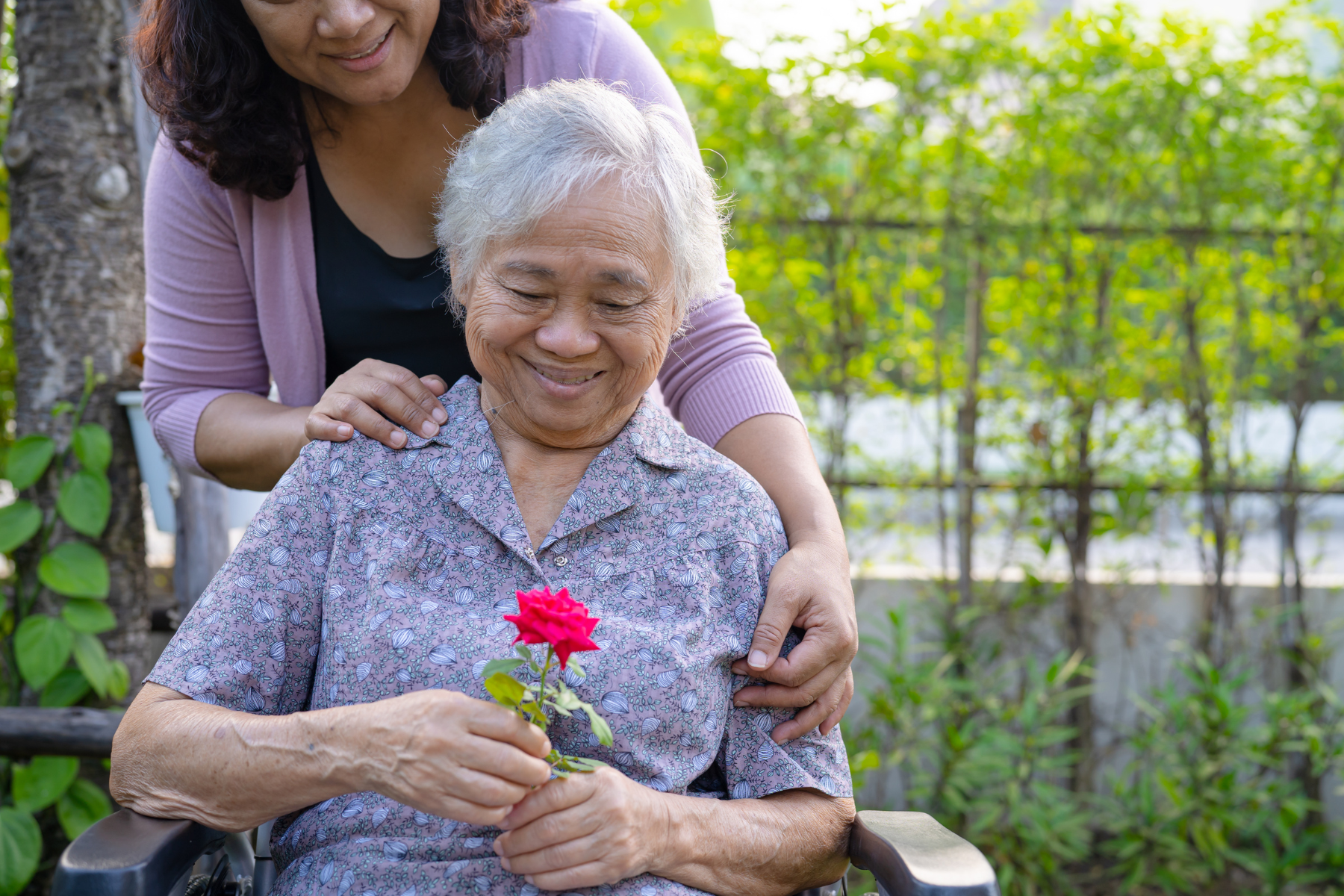

Visiting a loved one in memory care can be a rewarding, meaningful experience, but it can also come with some emotional challenges. As dementia progresses, the way you connect with your loved one may change and recognition may shift. Still, your presence can provide a powerful comfort, even when conversation becomes challenging.

Witnessing a loved one experiencing dementia-related mood changes is often challenging.

Dementia describes a large group of neurological conditions that all cause changes to the brain's functioning.

Trusting someone else to care for your loved one requires a lot of faith. You can make the move to a memory care community easier and safer by doing research before you choose. Ongoing vigilance also helps you monitor the safety and health of your family member once they move into memory care. Use these tips to improve the safety of memory care.

Memory loss can cause distressing symptoms, but engaging in enjoyable, meaningful activities often helps people with dementia achieve calm while supporting cognitive functions. Arts and crafts are powerful tools for unlocking memories, strengthening relationships and boosting communication, and there are dementia-friendly options to suit every preference. Let's explore how arts and crafts benefit people with memory loss and discover ways to share artistic activities with a loved one.

Have you ever thought about how the food you eat affects how you think? It's been known for generations that food affects the heart and other parts of the body, but in recent years it's been discovered that food can also play a role in how your brain operates. Below are some practical tips to help you choose the right food for your brain.

Who said playing was just for kids? Play and collaborative activities can be fun at any age, and science shows that playing board games regularly could slow down cognitive decline and support mental well-being in older adults.

A dementia diagnosis affects the entire family, and children are no exception. By talking to grandchildren and other children in your family about your loved one’s condition, you can help them cope and allow them to maintain a positive relationship with that special person who has dementia. Following these tips can help open the doors to a positive conversation about dementia with the youngest members of your family.

Did you know that when choosing a senior living community, you have multiple options for what's known as level of care? One common option is independent living, which involves the least amount of clinical care or oversight. Another is assisted living, which is the model many people think of when they hear about senior living communities.

Music is used as a means of expression, whether as a cultural reference or an emotional outlet. This is particularly helpful to those with more progressive memory diseases such as dementia, which affects memory recall and decision-making and thinking.

Sundowning, a term that refers to the agitation, restlessness, confusion or irritability that can affect a person with Alzheimer's disease when tired or when the day is almost over, can be an upsetting and disruptive issue. Unfortunately, the winter months tend to make sundowning worse, which is disturbing to caregivers and those with Alzheimer's disease alike.

When someone is dealing with dementia or another memory diagnosis, the day-to-day can get progressively harder. Eating and nutrition, which come somewhat naturally to many people, can become a challenge for someone in the later stages of dementia due to mental and physical changes in the body. Learn more about how dementia can make it harder to maintain nutrition and what you can do to assist a loved one.

Food is something that's brought humans together for centuries. People break bread as a sign of peace, agreement or fellowship. Families gather for daily meals or holiday feasts. Take a moment to think about your life and some of your strongest memories, and chances are food is somehow involved in at least a few of them.

When warm weather comes around each year, people of all ages break free of cabin fever and start to explore outdoors. It's a great time of year to get more active, and more exposure to sunshine and exercise can be a great balm for a soul that might have suffered from winter doldrums. Here are nine ways seniors can add more movement to their days as spring warms up the world and the calendar moves toward summer.

15475 Gleneagle Dr
Colorado Springs, CO 80921
Phone: (719) 481-5481
Email: geninfo@ba.org



